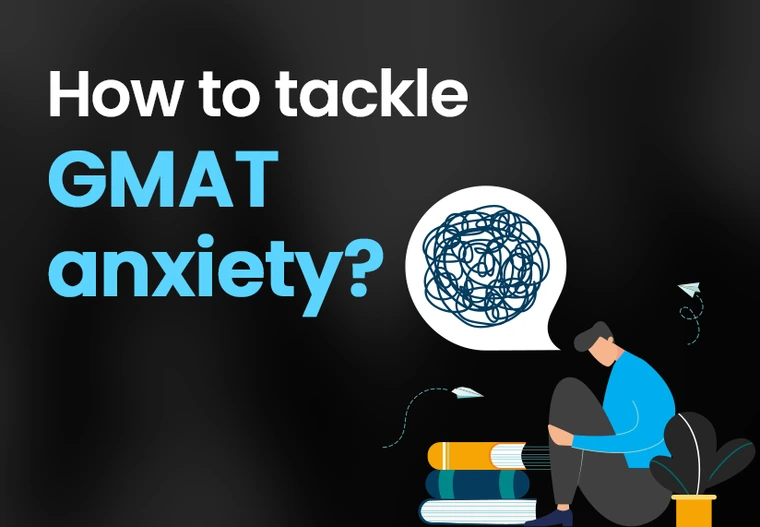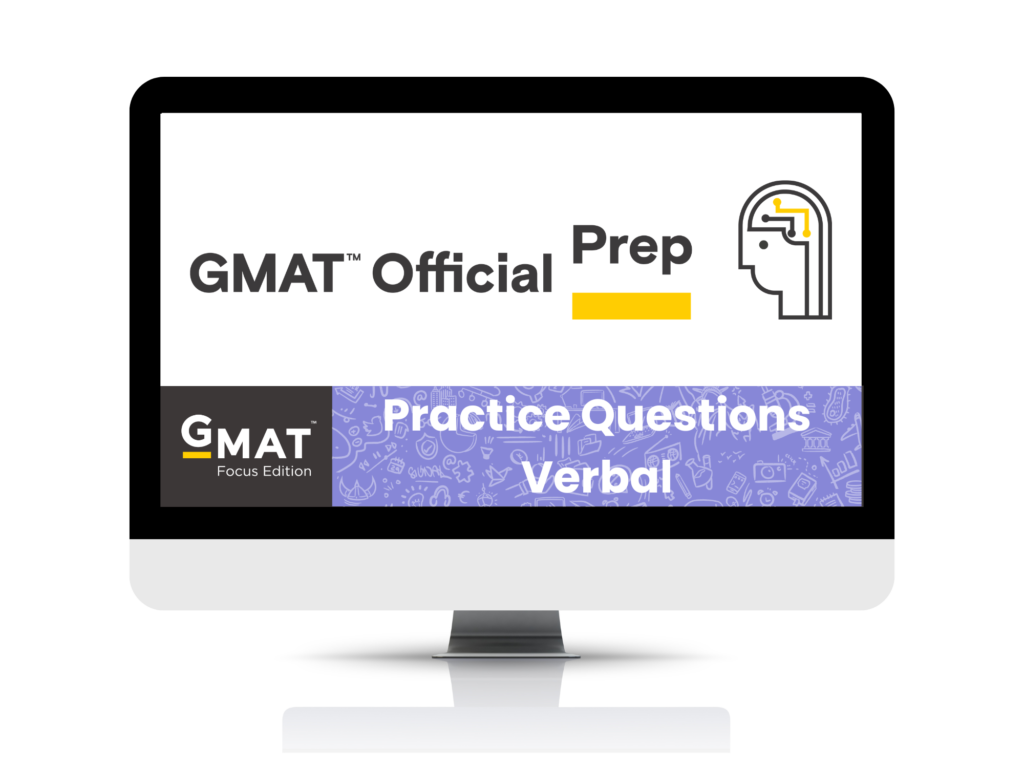Facing The Challenge Of GMAT Anxiety: 4 Effective Approaches
As SI pursue admission into a prestigious MBA institution, a high GMAT score is a critical barrier. An effective strategy to improve your chances is to learn how to manage the stress surrounding the GMAT. Here are four useful techniques to mitigate GMAT-related anxiety and enhance your test performance:
1. Establish Realistic Goals:
Goal-settings fundamental in your preparation. Setting an excessively lofty goal can pave the way for disappointment and amplify your anxiety levels. Instead, fragment your ultimate aim into sustainable, attainable milestones. Start with a target that aligns with your current abilities and gradually raise the bar.
2. Practice on Simpler Exams:
While some people suggest practicing on similarly structured GMAT exams, others find it comforting to start with easier tests to accustom to the testing atmosphere gently. Embrace the approach that aligns with your comfort zone. Regular practice, despite the level of complexity, is vital in polishing your skills and building self-belief.
3. Develop a Structured Study Schedule:
Effective preparation relies on a structured study plan. Allocate enough study time while maintaining equilibrium with other lifestyle activities such as workout and diet. Resist the urge to cram and instead equally distribute your study hours over the days to enhance information retention and manage stress levels.
4. Select an Optimal Test Date:
Flexibility in choosing your exam date can significantly dissolve the associated pressure. If you feel external elements or personal constraints negatively impact your studies, think about shifting the exam to a more favorable date. A peaceful state of mind during the test is integral for stellar performance.
Mitigating GMAT-associated anxiety is imperative for obtaining your target score and securing a position in a premium business school. With these strategies in your arsenal, you can undertake the exam with improved confidence and increase your prospects of success. Don’t forget to focus on self-care and ask for support when required for efficient stress management. Through meticulous preparation and a proactive attitude, you can tackle the GMAT and initiate your journey towards educational and career advancement.
1. Familiarize Yourself with the Test Format:
A proven method to diminish anxiety is by getting well-acquainted with the GMAT framework. Allocate time to understand the overall structure of the test, the diverse questions in each section, and the time constraints. Getting a grip on what to expect can enhance your confidence and readiness for the exam.
2. Practice Regularly:
GMAT success hinges on regular practice, which also helps lessen anxiety. Consistently working with official GMAT study materials or reliable preparatory aids can enhance your aptitude and confidence gradually. Designate specific study periods each week to focus on varying sections of the exam.
3. Develop Effective Time Management Skills:
Time management can be your lifeline during the GMAT, where you’ll be expected to answer numerous questions within a specified duration. Enhance your speed by pacing yourself during practice tests, ensuring that you can complete each segment within the assigned time. Understanding how to prioritize questions, and letting go when needed can help stave off anxiety.
4. Implement Relaxation Techniques:
Blending calming techniques into your study regimen can help soothe your tension and curb anxiety. Techniques like deep breathing, progressive muscle relaxation, or visualization can be particularly advantageous. Try varying methods to identify what suits you and practice these techniques consistently, during study sessions and likewise in the days leading to the test.
5. Maintain a Healthy Lifestyle:
Caring for your physical and mental health can also contribute to anxiety reduction and improvement in your GMATperformance. Incorporate regular exercise, maintain a balanced diet, and prioritize sleep in the days before the exam. Shun excessive consumption of caffeine or alcohol. Additionally, create time for activities that provide relaxation, such as meeting friends, practicing yoga, or listening to music.
6. Seek Support:
In conclusion, don’t hesitate to communicate your feelings if they seem overwhelming. It may be through discussing with friends or family, seeking advice from a mentor or tutor, or joining online study groups. Knowing that you’re not alone can give you immense comfort. If your anxiety levels are significant, affecting your preparation or performance, it may be beneficial to consult a mental health professional for additional support and advice.
By employing these strategies and taking active steps to deal with your anxiety, you can approach the GMAT with renewed confidence and enhance your success chances on test day. Understand that it’s normal to feel a tier of nervousness, but with preparation and self-care, its effect can be minimized, enabling you to deliver your best performance.




